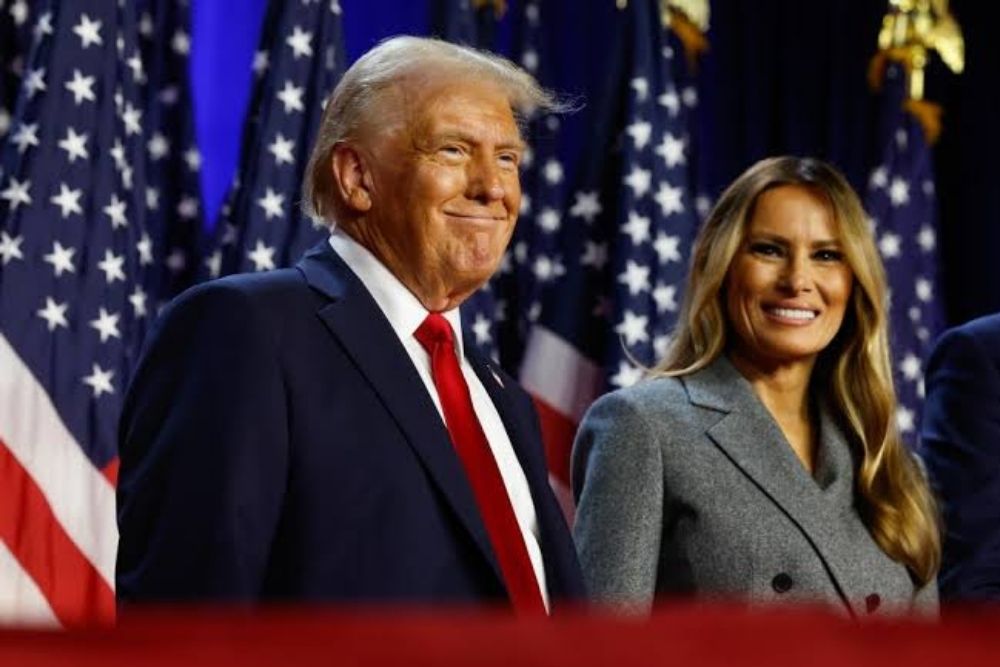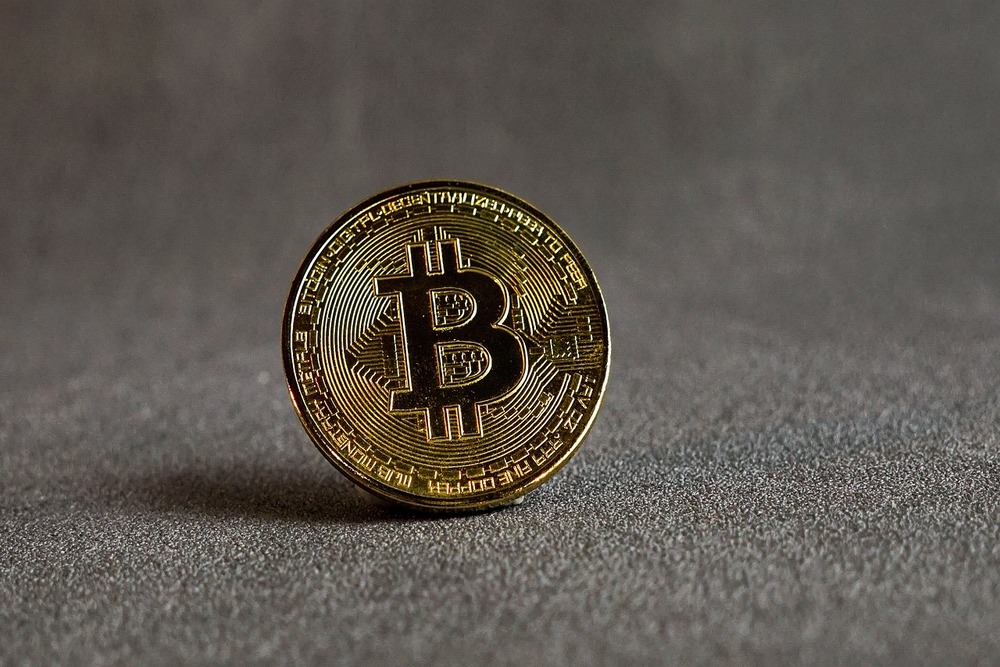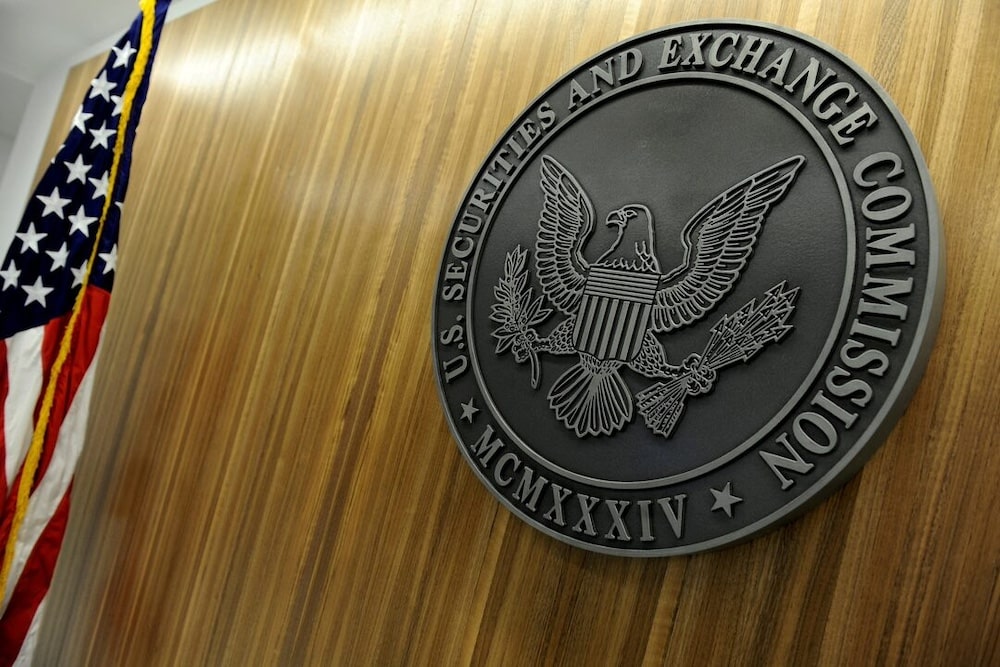United States

Senator Warren Opposes the U.S. Stablecoin Bill Citing $2B USD1 Deal
4 days ago

Crypto Firms Seek Banking Licence in the U.S. Following 2022 Saga
3 weeks ago

Homeland Security Probes Crypto Bank Anchorage Over Compliance Concerns
4 weeks ago

Crypto Payment Firm Block to Pay $40M Settlement Over AML Violations
4 weeks ago

U.S. Justice Department Shuts Down Crypto Task Force NCET
1 month ago

Tether to Launch Stablecoin for Institutions as Business Becomes Profitable
1 month ago

U.S. FDIC Issues Framework for Banks to Participate in Crypto
1 month ago

Here’s All You Need to Know About The U.S. National Bitcoin Reserve
2 months ago

US Regulators Approve Crypto Services for Banks
2 months ago

Here’s Why Bitcoin Jumped Nearly $10K on Sunday
2 months ago

Oklahoma Bitcoin Reserve Bill Advances to Next Voting Stage
2 months ago

Georgia Introduces Bitcoin Reserve Bill For Unlimited BTC Purchase
2 months ago

Binance.US Relaunches USD Services After 20-Month Pause
3 months ago

Wintermute Eyes U.S. Expansion as Binance CEO Sees Regulatory Progress
3 months ago

U.S. Bitcoin Miners Faces Hiccups as Regulator Probes Chinese Supplier
3 months ago

Trump Taps Crypto Expert Brian Quintenz to Lead CFTC
3 months ago

U.S. Agency Passes Bills to Regulate Stablecoins
3 months ago

Crypto Czar Slams SEC’s Harsh Stance, Demands Clear Rules
3 months ago

Coinbase Seeks Regulatory Clarity on Crypto Banking Rules in the U.S.
3 months ago

Utah House of Committee Push State Bill to Acquire Crypto
3 months ago